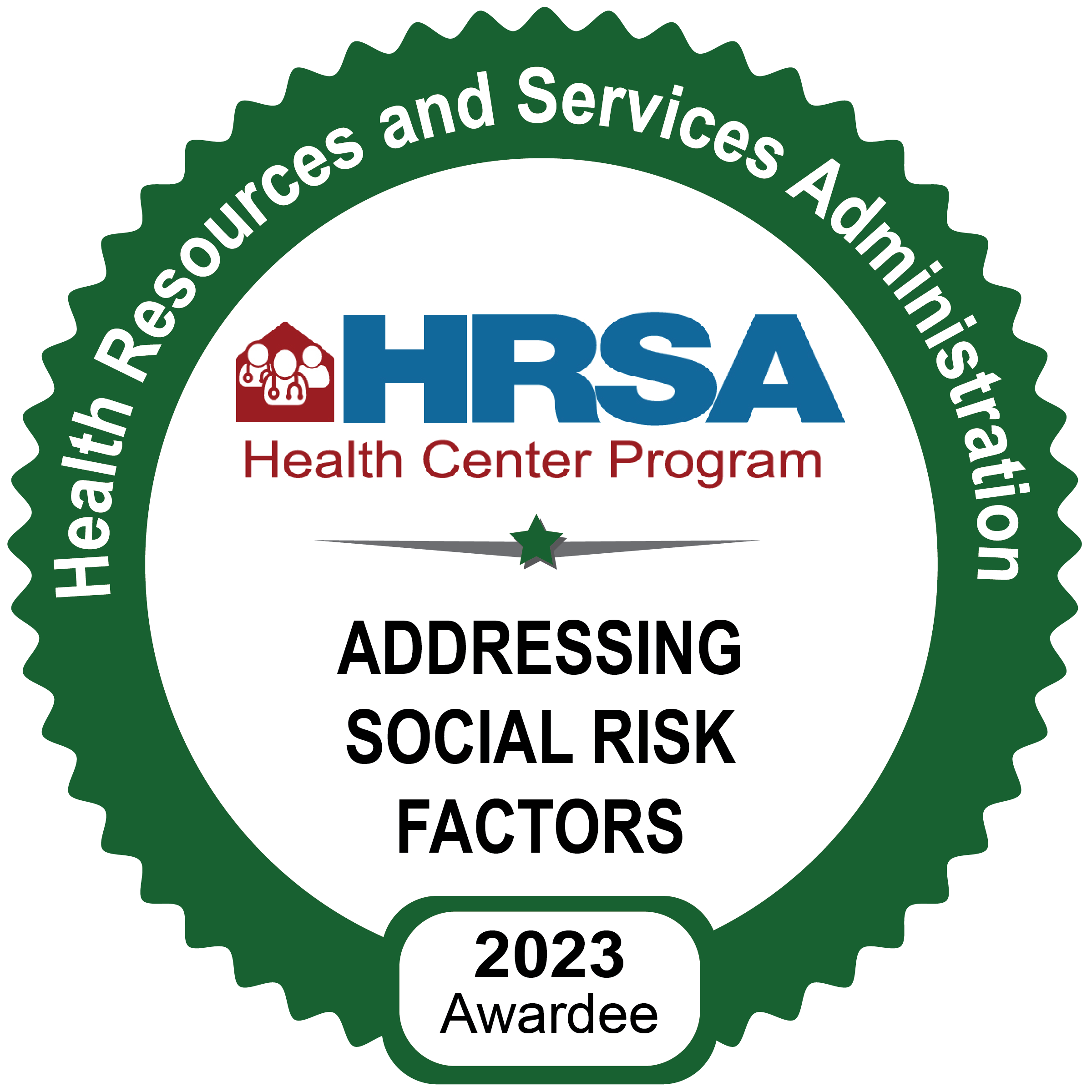To Buy Imodium Online Visit Our Pharmacy ↓
 Imodium Side Effects: What You Need to Watch Out for
Imodium Side Effects: What You Need to Watch Out for
Common Imodium Side Effects Explained
Common Imodium Side Effects Explained
Imodium, a commonly used over-the-counter medication for diarrhea, can lead to a range of side effects. Some individuals may experience drowsiness, dizziness, or constipation after taking Imodium. These effects are typically mild and temporary. However, some users may also encounter stomach pain, nausea, or dry mouth. It's important to be aware of these common side effects to know what to expect when using this medication.
To understand the potential impact of Imodium on your body, it's crucial to recognize these common side effects. By staying informed, you can make informed decisions about your health and well-being. If you experience any of these effects while taking Imodium, consider consulting with a healthcare professional for guidance on managing them effectively.
Taking Imodium can bring relief from diarrhea, but it's essential to be mindful of how your body responds to this medication. By recognizing and understanding these common side effects, you can take proactive steps to minimize any discomfort and ensure a more comfortable experience with Imodium.
| Common Imodium Side Effects | Explanation | | -------------------------- | ----------- | | Drowsiness | Feeling sleepy or sluggish | | Dizziness | Sensation of lightheadedness | | Constipation | Difficulty in passing stools | | Stomach Pain | Discomfort in the abdominal area | | Nausea | Feeling of sickness or queasiness | | Dry Mouth | Lack of moisture in the mouth |
Potential Serious Side Effects to Monitor

When it comes to potential serious side effects to monitor when using Imodium, it's crucial to stay vigilant for any signs of adverse reactions that may require immediate attention. Keep an eye out for symptoms that deviate from the norm and could signal a more serious underlying issue. Being mindful of any unusual responses to the medication can help in identifying and addressing any potential complications before they escalate. Remember, your well-being is a top priority, so never hesitate to seek medical help if you experience any concerning reactions while taking Imodium. It's always better to be safe than sorry when it comes to your health.
Interactions with Other Medications and Substances
When considering interactions with other medications and substances, it's crucial to be aware of how imodium may interact with certain drugs or compounds. Some medications can have a magnifying effect when combined with imodium, potentially leading to adverse effects. It's essential to consult with a healthcare professional before starting imodium, especially if you are taking other prescriptions or compounds that could interact negatively. This step can help prevent any potential complications and ensure the safe and effective use of imodium in your treatment plan. Always prioritize your health and well-being by staying informed about possible interactions with imodium and seeking guidance from a healthcare provider when needed.
When to Seek Medical Help Immediately

If you experience severe abdominal pain, persistent diarrhea, or signs of dehydration such as extreme thirst, dizziness, or dark urine after taking Imodium, it is crucial to seek medical attention immediately. Additionally, if you notice any unusual symptoms such as rapid heartbeat, confusion, or difficulty breathing, do not hesitate to contact a healthcare provider or go to the nearest emergency room. Prompt medical intervention can help address any serious Imodium side effects and prevent complications. Your health and well-being are the top priorities, so never ignore any concerning signs or symptoms that may arise.
Tips for Minimizing Imodium Side Effects
When taking Imodium, there are several ways to minimize potential side effects and ensure a safer experience. First, it is important to follow the dosage instructions carefully and avoid taking more than recommended. Additionally, staying hydrated by drinking plenty of water can help prevent constipation, a common side effect of Imodium. Eating a healthy diet rich in fiber and engaging in regular physical activity can also promote digestive health and reduce the likelihood of experiencing adverse effects. Lastly, consulting with a healthcare professional before using Imodium, especially if you have any underlying medical conditions or are taking other medications, is essential for safe usage.
| Tips for Minimizing Imodium Side Effects | |-----------------------------------------| | 1. Follow recommended dosage carefully | | 2. Stay hydrated with plenty of water | | 3. Maintain a healthy diet rich in fiber | | 4. Engage in regular physical activity | | 5. Consult with a healthcare professional before use |
Final Thoughts: Safety First with Imodium
Imodium is a widely used medication for managing diarrhea. Prioritizing safety when using Imodium is crucial to avoid potential side effects. Understanding the common and serious side effects, as well as interactions with other medications, can help ensure a positive experience. Monitoring for any adverse reactions and knowing when to seek medical help is essential for your well-being. By following tips to minimize Imodium side effects, you can better navigate its usage and prioritize your health. Remember, safety should always come first when taking any medication.





